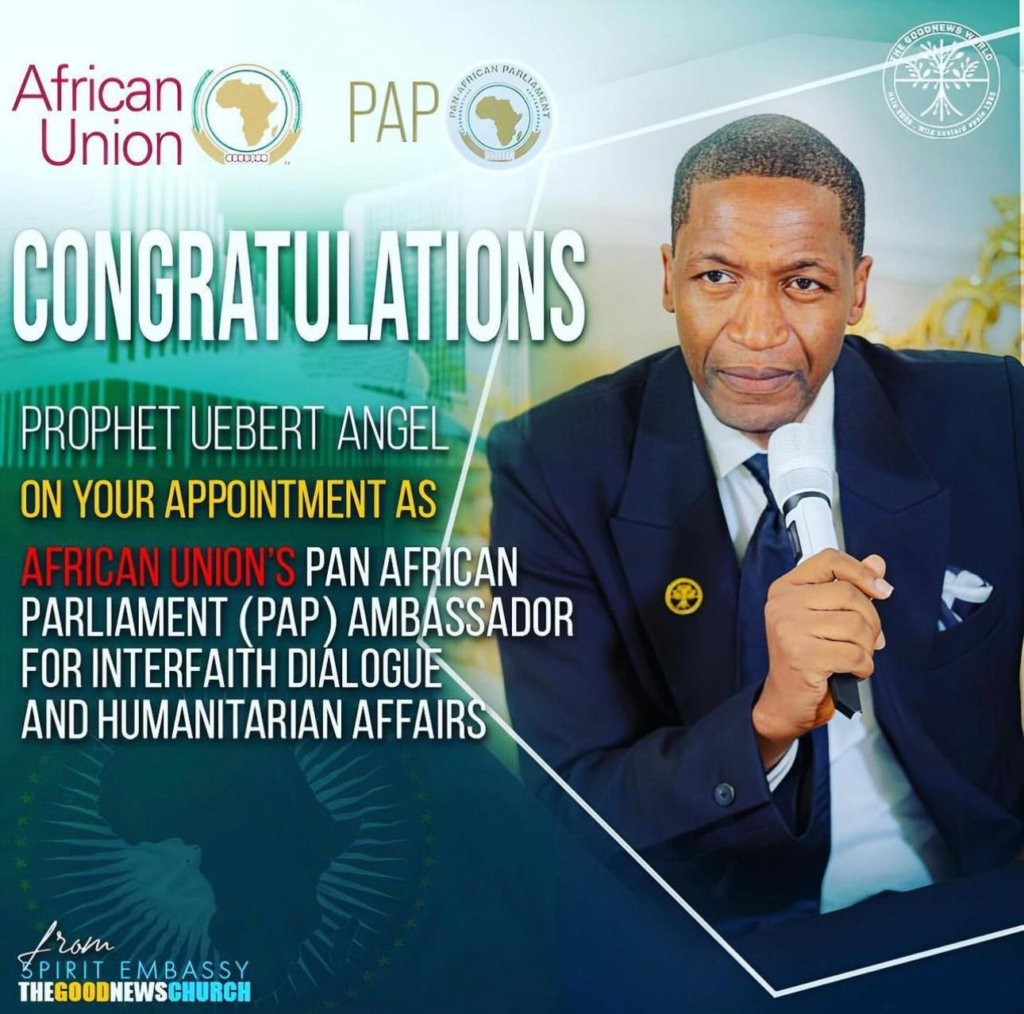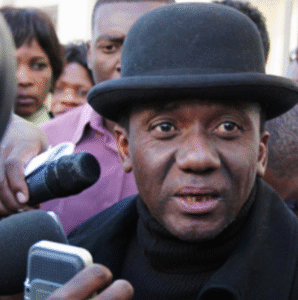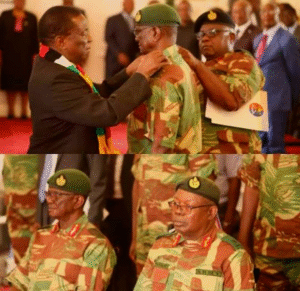UEBERT ANGEL’S APPOINTMENT AS AU AMBASSADOR RAISES EYEBROWS AMIDST ALJAZEERA’S GOLD MAFIA EXPOSÉ

In a surprising move, the African Union (AU) has appointed Uebert Angel as the Pan African Parliament Ambassador for Interfaith Dialogue and Humanitarian Affairs. This appointment comes in the wake of serious corruption allegations against him, which were brought to light by Al Jazeera in the Gold Mafia documentary. Many are now questioning the credibility of the AU’s decision and the message it sends to the people of Africa.
Uebert Angel, a prominent religious figure and entrepreneur, has a significant following across the continent. His appointment to such a critical role within the AU has raised eyebrows and sparked debates about the organization’s vetting processes and commitment to upholding integrity.
The Gold Mafia documentary, aired by Al Jazeera, exposed alleged corrupt deals involving Uebert Angel in the gold trade industry. The documentary presented compelling evidence and testimonies from individuals who claimed to have been affected by his actions. Such serious allegations should undoubtedly have been considered in the AU’s decision-making process, especially when appointing someone to represent interfaith dialogue and humanitarian affairs.
Critics argue that the AU’s decision to appoint Uebert Angel despite these allegations undermines the credibility and trustworthiness of the organization. It sends a concerning message to the citizens of Africa that individuals with questionable backgrounds can still hold significant positions of influence within the AU. This move may lead to a loss of faith in the organization’s ability to act in the best interests of the people it represents.
On the other hand, supporters of Uebert Angel contend that the allegations against him should not overshadow his potential to make a positive impact on interfaith dialogue and humanitarian efforts. They believe in his ability to bridge religious divides and contribute to addressing critical humanitarian issues across the continent.
The AU, in its defense, has stated that the decision to appoint Uebert Angel was made after careful consideration and review of the allegations against him. The organization claims to have conducted its investigation into the matter, but details of the findings have not been made public, leading to further skepticism.
To maintain credibility and public trust, it is essential for the AU to be transparent about its decision-making processes and the factors that led to Uebert Angel’s appointment. The organization must address the corruption allegations directly and explain how they were taken into account during the evaluation of potential candidates.
Moreover, the AU should consider implementing a robust vetting system for all appointments, especially for roles as significant as the Ambassador for Interfaith Dialogue and Humanitarian Affairs. A thorough screening process, including background checks and scrutiny of candidates’ records, would help ensure that individuals with questionable backgrounds do not represent the organization.
It is crucial for the AU to be proactive in addressing concerns raised by the public and the media. The organization must demonstrate its commitment to accountability and integrity, not only by addressing the Uebert Angel case but also by taking steps to prevent such controversies from arising in the future.
The appointment of Uebert Angel as the AU Pan African Parliament Ambassador for Interfaith Dialogue and Humanitarian Affairs, despite the corruption allegations exposed in the Gold Mafia documentary, is undoubtedly a test of the AU’s credibility. The organization must address the concerns surrounding this decision and demonstrate its commitment to transparency and integrity. Only by doing so can the AU regain the trust of the people it represents and uphold its role as a unifying force for the continent of Africa.




